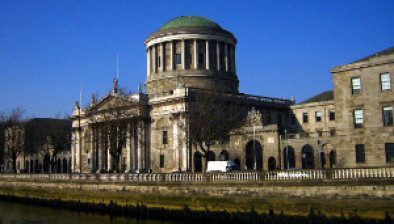New protections proposed for employees of insolvent employers

New legislation is to expand access to the Insolvency Payments Scheme to protect employees of employers who cease trading without entering into liquidation, receivership or bankruptcy.
The general scheme of the Protection of Employees (Employers’ Insolvency) (Amendment) Bill 2024 also proposes to allow historical claims dating back to October 1983 for a two-year window following its commencement.
Employees of sole trader employers who enter into personal insolvency arrangements other than bankruptcy will also be given access to the Insolvency Payments Scheme.
The bill will also amend the Employment Equality Act 1998 to ensure Circuit Court awards for gender discrimination are covered by the scheme, and provide a legislative basis to apply the statutory salary ceiling, currently €600 per week, to all payments from the scheme.
Enterprise, trade and employment minister Peter Burke said: “We already have a strong safety net for employees to ensure they are protected if their employer becomes insolvent.
“For the first time, we are expanding this protection to include workers whose employers have ceased trading without formally winding up. While these situations are not common, affected employees will now have a clear process to have their former employer deemed insolvent for the purpose of claiming their outstanding entitlements from the scheme.
“Once the bill is enacted, this new employer deemed insolvent application will ensure all employees have their rights vindicated in Irish law.”
Emer Higgins, minister of state for business, employment and retail, added: “These proposed changes to the Insolvency Payments Scheme will really help employees.
“If your employer walked away without formally winding up their business and you were left owed money, whether this happened five or 20 years ago, we are giving you an opportunity to apply to reclaim this money from the State, via the historical employer deemed insolvent application.
“While the legislation is being prepared, my department will continue to work on a comprehensive information campaign to make sure the process is a simple as possible, and everyone can easily understand if they are eligible.”
The general scheme will now be referred to the Office of the Attorney General for drafting of the bill.










